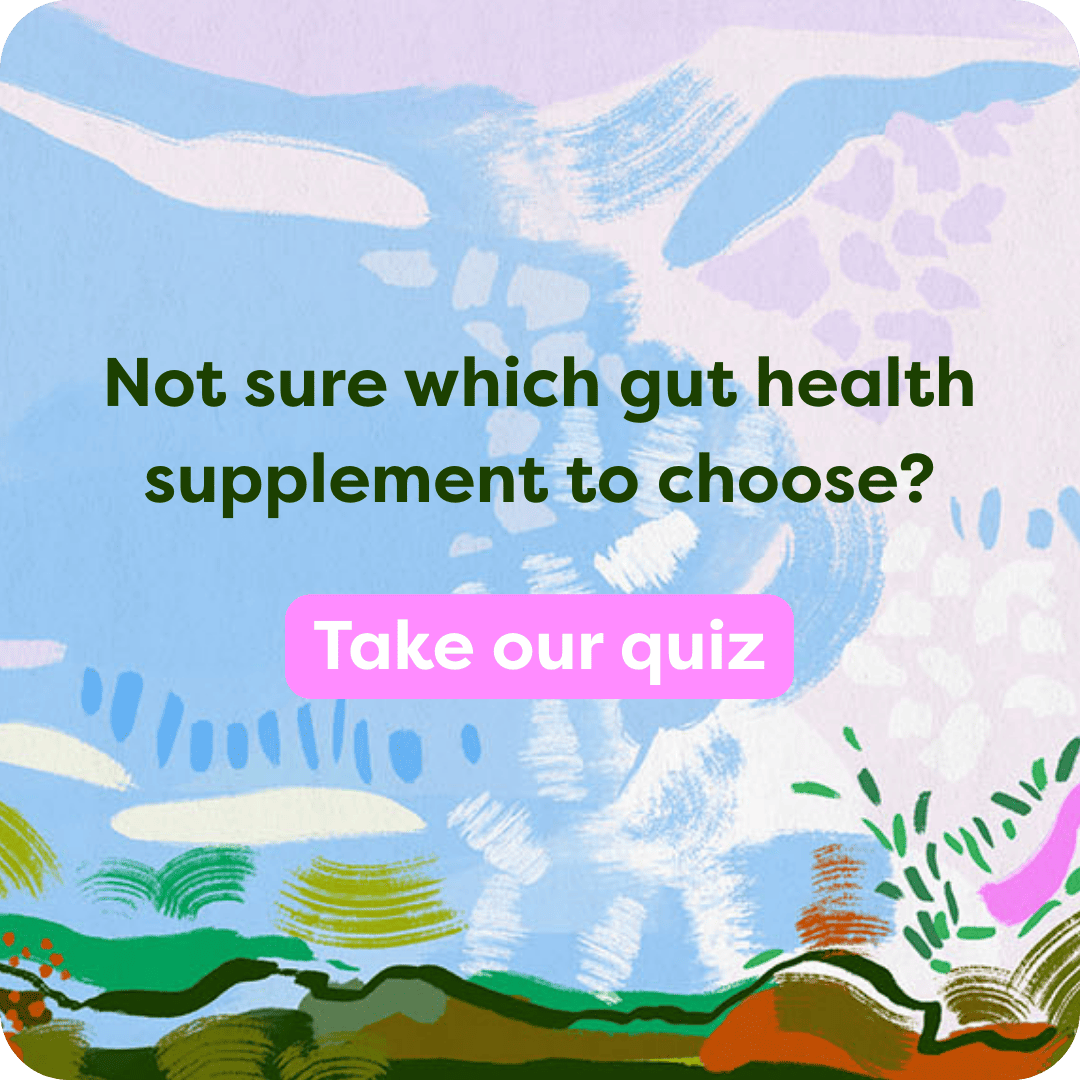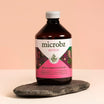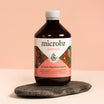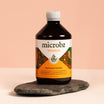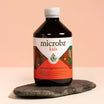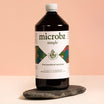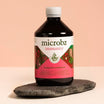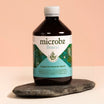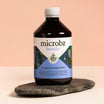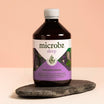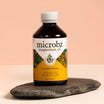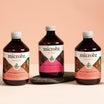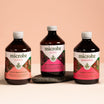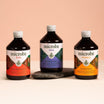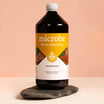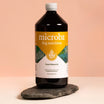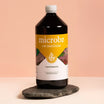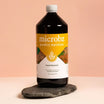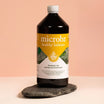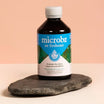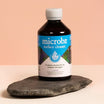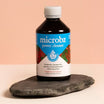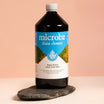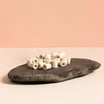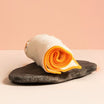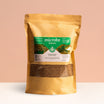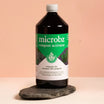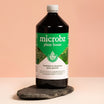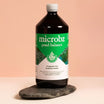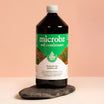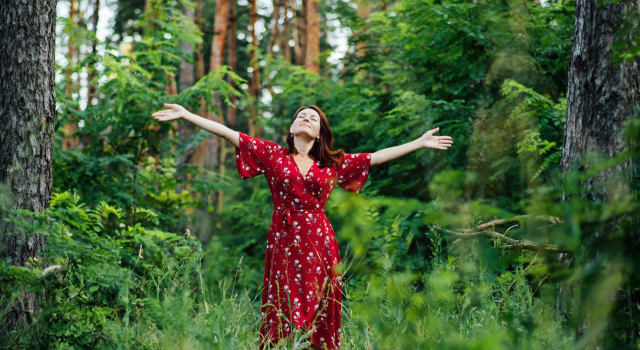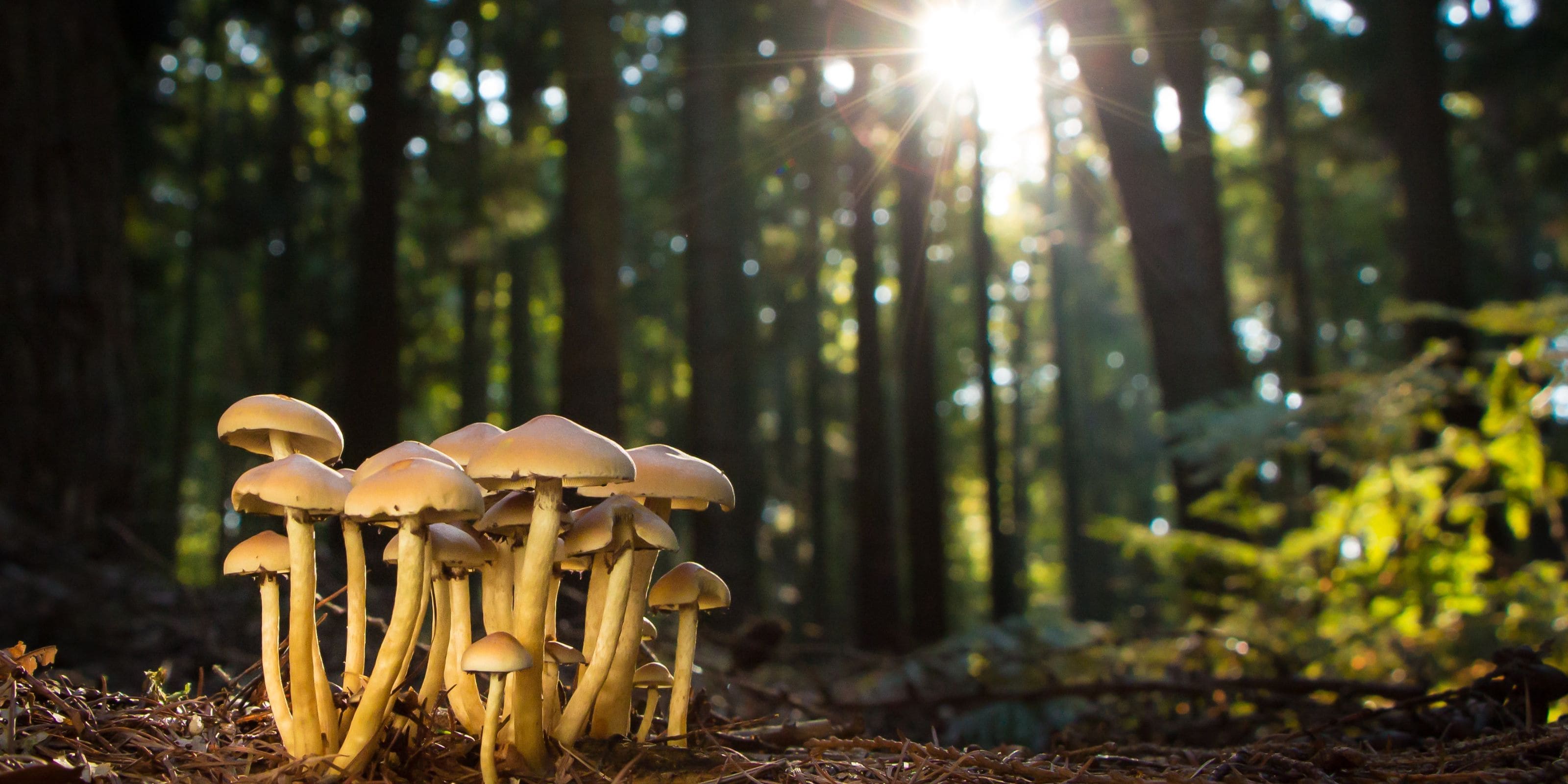Soil health is human health
We know that a wide range of beneficial microbes in the human gut are essential for food digestion and nutrient absorption. The gut is a miraculous single celled lining through which we absorb what we need out of the foods we eat. If we don’t get enough nutrients then this lining of the gut can start to break down causing a host of health problems.
But where do we get these microbes from?
1. Our birth process.
When babies are born through the vagina with their faces facing towards a bottom they pick up a lot of microbes! Imagine, something that we might think of as ‘gross’ or unhygienic actually sets up our whole microbiome throughout life. We also get microbes from being held close to skin and from being breastfed.
2. Our environment as children and experiences growing up.
The kind of diet you ate, where you lived, the cleanliness of your home, how much dirt you were allowed to play in - all of these have huge implications for the microbes you carry around with you now.
3. Our diet today(ish).
You are currently experiencing the effects of your diet. The diet you ate yesterday and the diet you ate a year ago. They are both important. Because it can take up to two years to build a healthy microbiome and so consistency here is really key.
One of the most important parts of a truly nutritious diet is fresh fruits and vegetables. Ideally this would be in the form of many different varieties and colours.
But how do the microbes get into these foods?
The microbes in fruits and vegetables come from the soil. Down to around 15cm underground you will find an ecosystem that is thriving, teeming, bursting with life. In this specific area of (good quality) soil billions of microbes are working together to break down organic matter, to deliver nutrients to plants, to interact with bigger organisms, like nematodes and worms. When a seed is planted these microbes are part of every step to help it grow into something, to keep pests away and to nourish it with the nutrients it needs from the soil.
Something in this system is broken
The foods that we eat should contain billions of microbes and high levels of nutrients. But soils are less nutritious than they were 100 years ago, due to modern farming methods, chemical fertilisers, antibiotics and more. A just-published study identifies ‘An Alarming Decline in the Nutritional Quality of Foods ‘ and says we need to reverse this trend for the health of future generations.
We have fewer microbes and minerals in our diet, even when we eat a good diet. To build a resilient and healthy future we need microbes to be replenished both in our guts and in our soils.
Soil is the gut of the planet; it is the ‘home of the microbes’. And it is not doing well.
Replenishing microbes in our guts - why is soil based best?
Until we can rebuild the microbial diversity in soils it is likely that we will need to take supplements for human health.
Did you know that a single teaspoon of good quality soil contains more microbes than people on the planet? And the microbes it contains are hugely diverse, containing loads of different types of microbes working together. Soil contains so many different microbes that humans haven’t even been able to identify all of them!
Our probiotic harvests this wonderful world of soil-based microbes and ferments it to multiply the numbers (even more!) without changing the microbial composition.
We do not remove anything from nature; we simply take it how it is and give it to you.
What can you do?
You can help to reverse this loss in microbial diversity. Think of it like a loss of biodiversity that you can’t actually see but that you can see the impacts of. These impacts are human health crises, soil degradation and loss of plant and animal species.
You can help by using probiotics in your gut, and using probiotics in your garden.
Don’t take our word for it. Try it for yourself.

